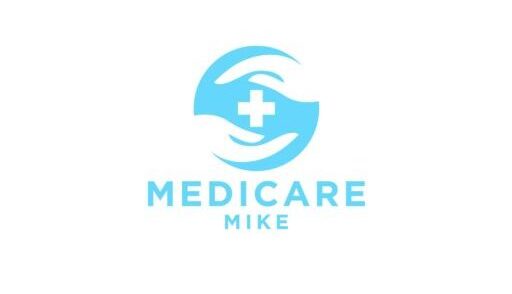Long Term Care and Medicare

Medicare and Long Term Care
Medicare is overall a good thing. It’s confusing and could definitely be simpler. But it does a good job at helping people with their health care.
But Medicare has its limitations. It doesn’t cover everything.
Many people are surprised to learn that Medicare doesn’t provide dental coverage. Or routine vision. Or routine hearing. Or even a full annual physical.
Medicare could obviously do a better job covering preventive care and other routine preventive things like dental cleanings and a routine eye exam each year.
But how does Medicare cover Long Term Care?
Medicare does not pay for long-term care.
Skilled Nursing
Medicare does cover Skilled Nursing Facilities which people may think of when they hear nursing home. There are some strict requirements that must be met for Medicare to cover skilled nursing which includes:
Minimum hospitalization of 3 days as an inpatient
This is unique because you must be an inpatient in the hospital for at least 3 days before Medicare will pay for skilled nursing care for you.
Observation does not count toward that 3 day requirement.
So if you go into the Emergency Room and kept at the hospital overnight for observation. You’re then admitted the following day where you spend 2 days as an inpatient before being released. You have not met the 3 day requirement because that first day of observation does not count.
Medicare coverage period
Medicare covers the full cost for up to 20 days.
Then Medicare covers part of the cost for days 21-100. Some plans, like a Medicare supplement, can help pay your portion of the skilled nursing facility during this time period.
After 100 days of Skilled Nursing, Medicare pays $0. And you are responsible for paying 100% of the costs.
Medicare covers skilled nursing
Medicare covers skilled nursing only.
Medicare does not cover personal or custodial care. These are services that help with “activities of daily living”. It includes things like dressing, bathing and using the bathroom.
Skilled Nursing Facility Requirements
Medicare has rules for the type of care they cover. And they have rules for providers that offer that type of care. Including Skilled Nursing Facilities. For Medicare to approve the stay, these facilities must:
- Participate in the Medicare program
- Agree with your doctor that you need care
- Provider the required level of skilled nursing care
- Provide skilled rehabilitation services
Home Health Care
Many people prefer to receive their care at home instead of in a facility. How does Medicare cover Home Health Care?
Medicare does cover Home Health Care. But only under specific guidelines.
Homebound
You must be homebound which means you meet at least 1 of these 3 situations:
- You have trouble leaving your home without because of an injury or illness
- Leaving your home isn’t recommended because of your condition
- You’re normally unable to leave your home because it’s a major effort
Doctor Requirements
Your doctor must prescribe home healthcare and set you up on a home health program.
You need at least part time skilled nursing care or physical/speech therapy.
Your home health providers must be approved by Medicare.
Amount of Care
In most cases, this means you may be able to get skilled nursing care and home health aide services up to 8 hours a day, with a maximum of 28 hours per week.
Medicare doesn’t pay for the following Home Care
- 24 hours a day care at your home
- Meals delivered to your home
- Homemaker services (like shopping and cleaning) that aren’t related to your care plan
- Custodial or personal care that helps you with daily living activities when this is the only care you need
How much Long Term Care does Medicare actually provide?
Considering these limitations, Medicare only covers roughly 13% of long-term care expenses.
This is why having a plan in place is so important!
So what are your options?
There are several options to help pay for extended care. Some options are better than others. But not everyone qualifies for every option. Because these plans aren’t guaranteed.
For some people, health can present eligibility issues to get approved for these plans.
For others, financial limitations mean certain options aren’t a good fit.
But there are solutions for everyone.